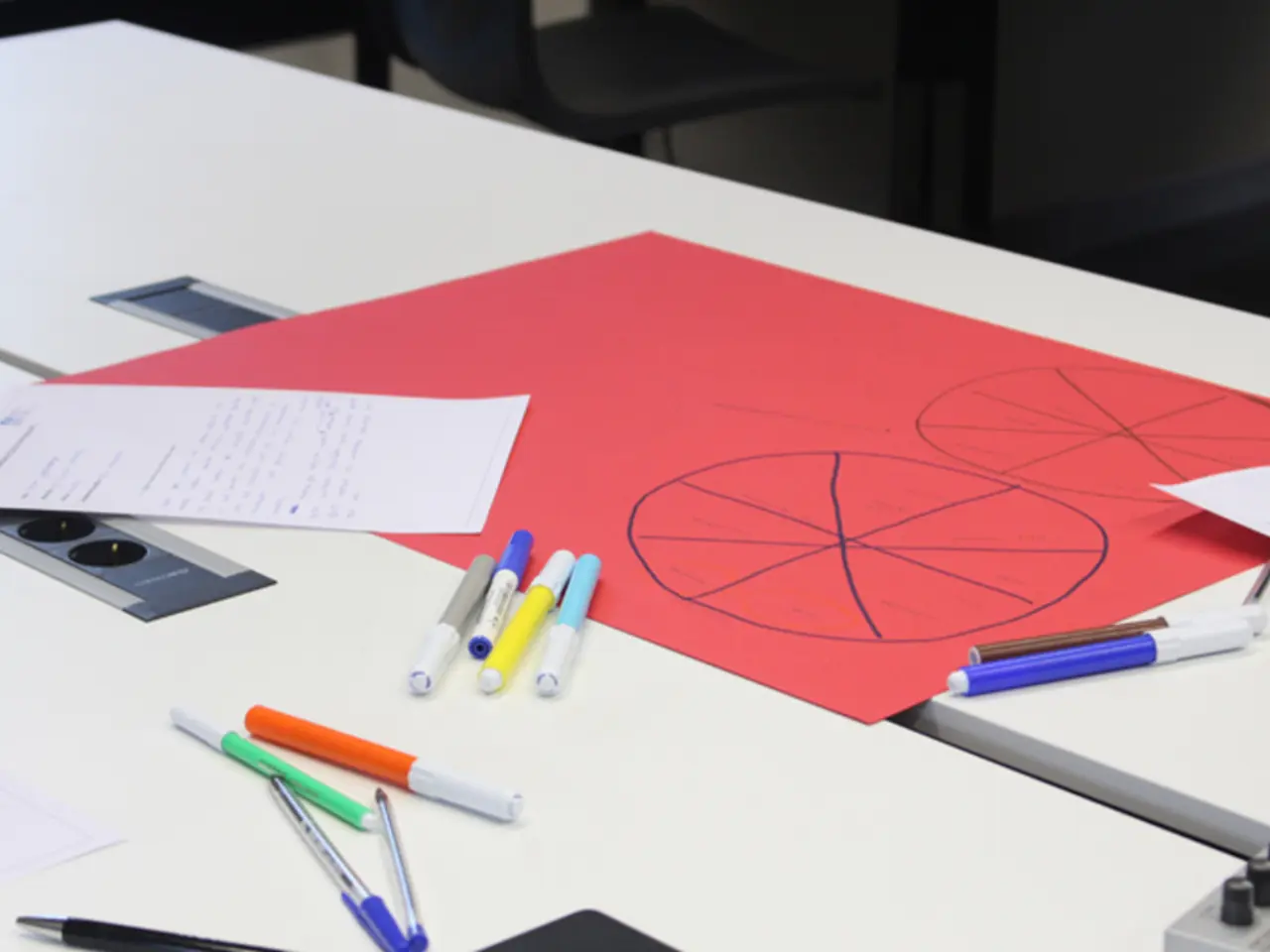Identifying Excessive Negativity in Your Circle: Recognizing and Managing Negative Individuals
In various spheres of life, critical thinking and questioning are indispensable tools that empower individuals to navigate complex situations effectively. Whether it's in healthcare, education, business, or personal life, these skills are essential for making informed decisions, solving problems, and fostering personal growth.
In healthcare, critical thinking and questioning help healthcare professionals to diagnose and treat patients, evaluate the effectiveness of treatments, and identify potential risks. By asking the right questions, they can gather information, analyze it, and come to well-informed conclusions.
Similarly, in education, critical thinking and questioning are vital components of effective teaching and learning. They facilitate learning, help students develop higher-order thinking skills, and promote active participation in the learning process. Encouraging students to ask varied questions, from basic knowledge checks to evaluative and analytical queries, helps move from simple recall to critical exploration, sparking richer discussions and enhanced understanding.
Effective questions should be open-ended and challenging, encouraging learners to analyze and evaluate information, consider alternative perspectives, and generate solutions. Asking questions like “Why?” or “What if…?” nurtures curiosity and early problem-solving skills, building the foundation for more advanced critical thinking later.
Moreover, asking questions is crucial in critical thinking as it encourages exploration of ideas and beliefs, challenge of assumptions, and seeking evidence to support or refute conclusions. This questioning process guides people to better understand problems, plan approaches, and self-monitor their thinking, all of which foster complex, evidence-based reasoning and problem-solving.
Beyond individual cognition, asking thoughtful questions in collaborative or complex environments helps open space for reflection, promotes multiple perspectives, supports collective learning, and ultimately leads to better problem-solving and decision-making.
In personal life, critical thinking and questioning skills are valuable for personal development, helping individuals to assess their beliefs and assumptions, evaluate evidence, and make informed decisions. These skills are considered core life skills, contributing to success in life.
Asking questions stimulates critical thinking by encouraging learners to analyze, synthesize, and evaluate information. There are various strategies that individuals can use to ask critical questions, such as using a taxonomy of questions, asking convergent or funnel questions, using higher-order thinking questions, and using active listening strategies.
In the classroom, asking critical questions can help create a collaborative learning environment. Asking questions plays a significant role in the learning process, helping learners to understand concepts better and retain information. It also helps develop critical thinking skills, generate new ideas, and enhance the learning process.
In business, critical thinking and questioning skills are crucial for problem-solving and decision-making. They help business professionals to gather information, challenge assumptions, and generate new ideas. Asking critical questions can also help individuals communicate more effectively and build stronger relationships.
In conclusion, asking questions is not just about seeking information; it is a critical tool for developing awareness, analysis, and reasoning, which are central to the critical thinking process. It is an innate skill that contributes to success in life and is considered a core life skill. Embracing this skill can lead to breakthroughs in learning and innovation, fostering personal growth, and enhancing our ability to navigate the complexities of life.
Personal development is greatly enhanced through the application of critical thinking and questioning skills, as they enable individuals to challenge personal beliefs and assumptions, evaluate evidence, and make informed decisions.
In the realm of education-and-self-development, continuous questioning fosters a persistent curiosity that drives expansion of one's understanding and promotes lifelong learning.




